In my opinion, algae is the future of biofuels and will help end our addiction to fossil fuels. Farming algae for biofuel can create the renewable energy we need to support our current infrastructure and develop the new technologies we need to create a more sustainable lifestyle.
Farming algae for biofuel
OIL is a fossil fuel, and it originally came from algae and other organics which decomposed and were converted over billions of years of geologic processes. Unfortunately, our current infrastructure runs on oil and this is contributing to the decline of our health, and the health of our economy as oil supply dwindles, and demand goes up.
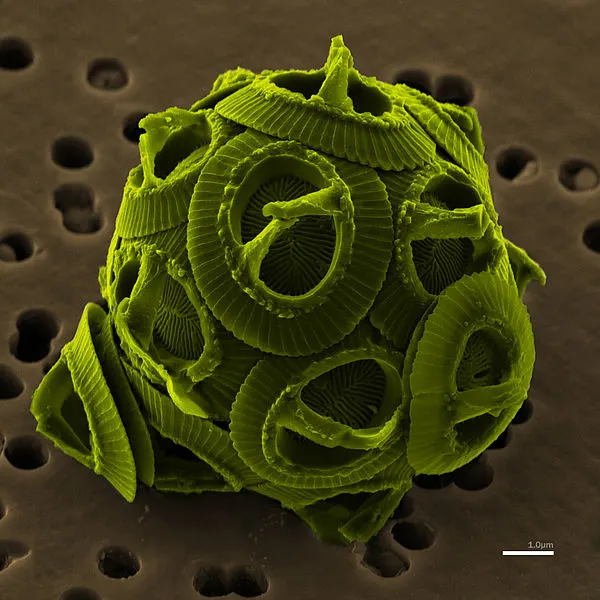
Photo by NEON ja, colored by Richard Bartz, CC BY-SA 2.5, via Wikimedia Commons
We need a fuel that will allow us to keep using our current infrastructure while we build more economical and sustainable technologically advanced infrastructure.
I think algae is capable of doing that. It just makes good business sense, and it helps remove CO2 from the atmosphere.
Algae converts sunlight, water, and CO2 into oil which can then be extracted to make biofuels like biodiesel for use in cars and trucks, and even jet fuel.
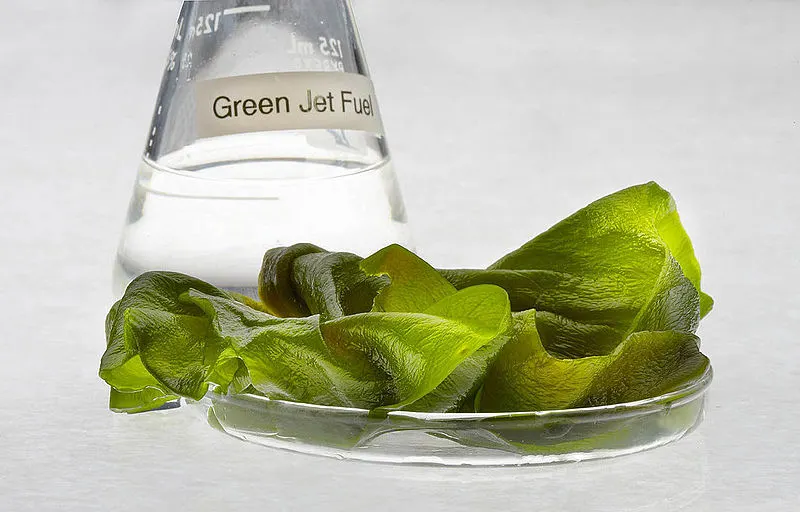
Honeywell, CC BY-SA 3.0, via Wikimedia Commons
As an added bonus, the biomass leftover from the extraction process can be used for pharmaceuticals, food and vitamin supplements, and animal feed. We are also capable of producing “green” bio-plastics and other products from the oil extracted from algae.
Here is a good description from Wikipedia of some other benefits of using algae for fuel compared to other biofuel crops:
“In comparison with terrestrial-based biofuel crops such as corn or soybeans, microalgal production results in a much less significant land footprint due to the higher oil productivity from the microalgae than all other oil crops. Algae can also be grown on marginal lands useless for ordinary crops and with low conservation value, and can use water from salt aquifers that is not useful for agriculture or drinking.
Algae can also grow on the surface of the ocean in bags or floating screens. Thus microalgae could provide a source of clean energy with little impact on the provisioning of adequate food and water or the conservation of biodiversity. Algae cultivation also requires no external subsidies of insecticides or herbicides, removing any risk of generating associated pesticide waste streams. In addition, algal biofuels are much less toxic, and degrade far more readily than petroleum-based fuels.” – Wikipedia
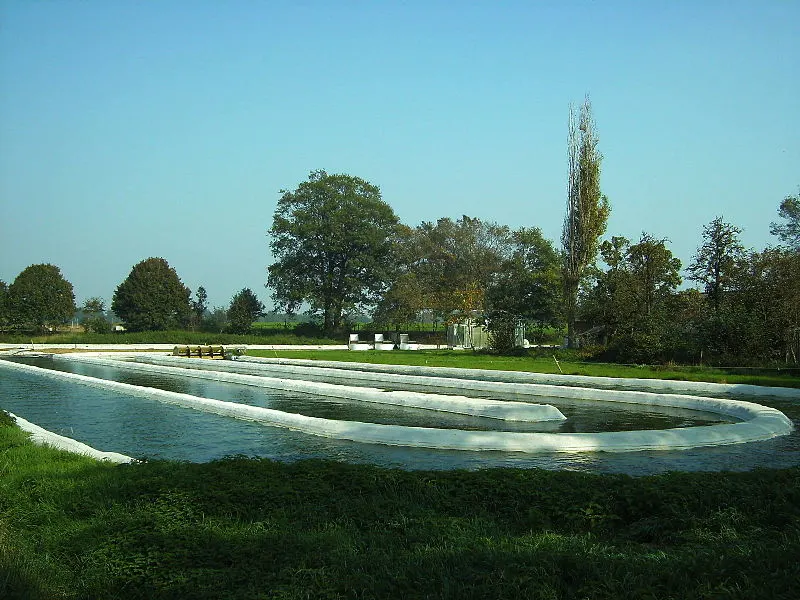
JanB46, CC BY-SA 3.0, via Wikimedia Commons
Algae is easy to grow, and the time from planting (culturing) to harvest can be as little as a few days. It’s not diverting food from our food supply like other biofuel crops, such as corn, does and it simply makes sense to use it to help wean ourselves off of fossil fuels.
Algae is arguably the perfect crop to fuel our move into a new era of renewable energy.
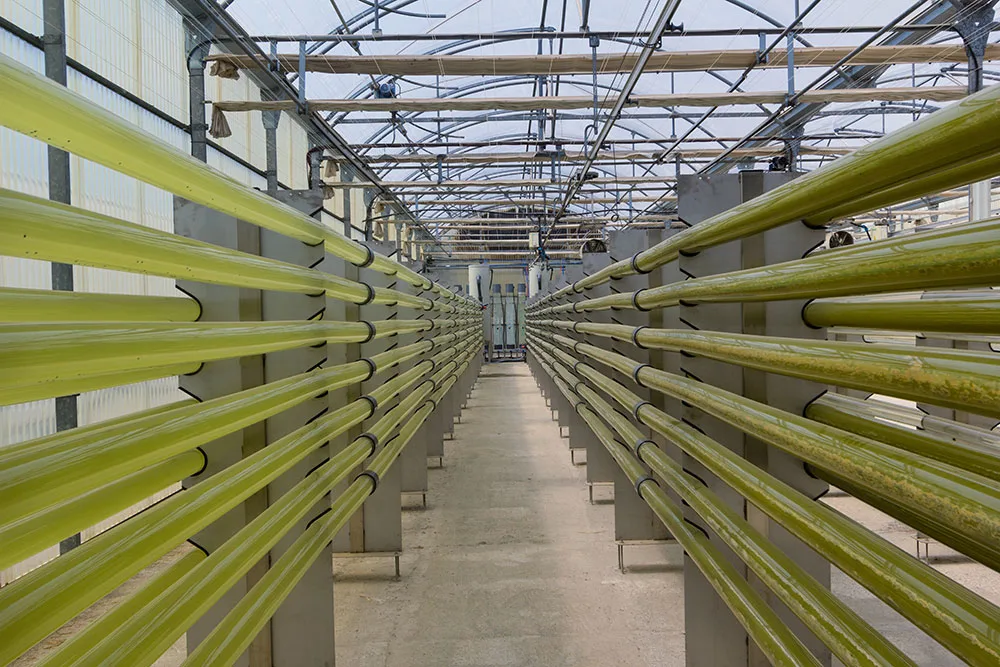
Shutterstock/AJCespedes
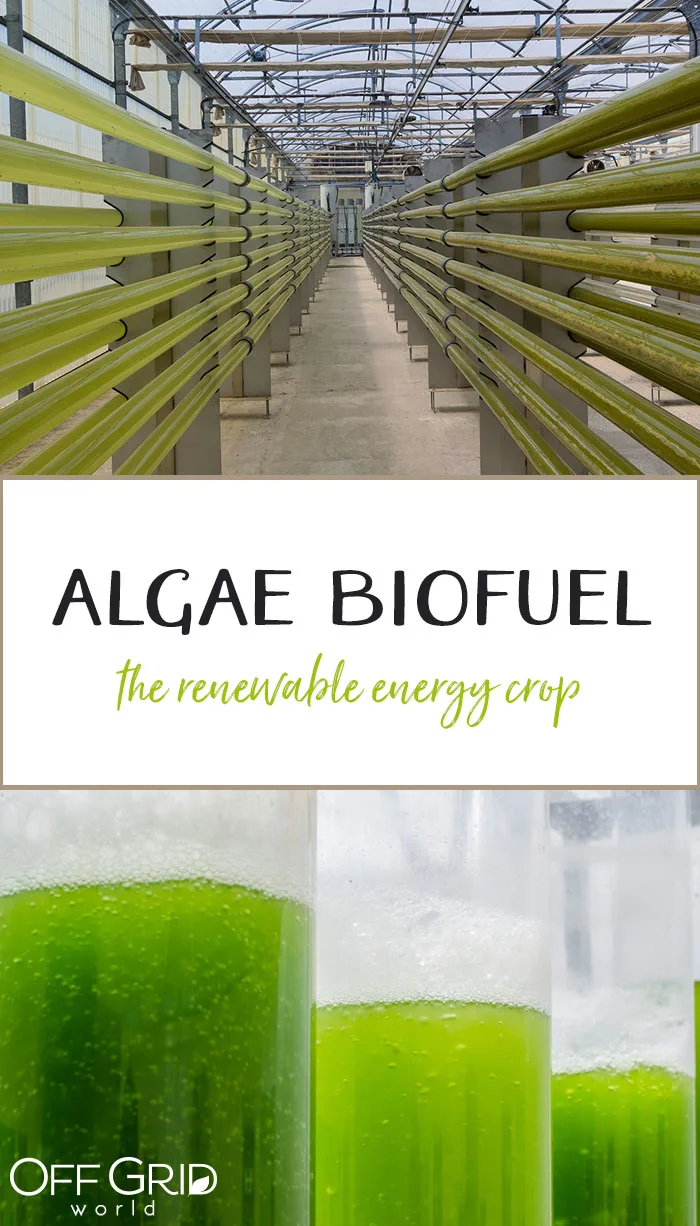

Biofuels: Is the Future Bright or Bleak? - Homesteading Alliance
Friday 2nd of February 2018
[…] the challenges facing biofuels, algae based fuel could be the answer to all of the above problems. Third generation biofuels make use of algae and […]
Biofuels: Is the Future Bright or Bleak? - Off Grid World
Friday 2nd of February 2018
[…] the challenges facing biofuels, algae based fuel could be the answer to all of the above problems. Third generation biofuels make use of algae and […]